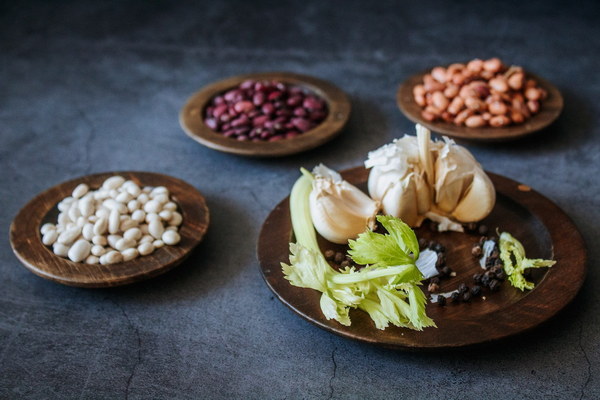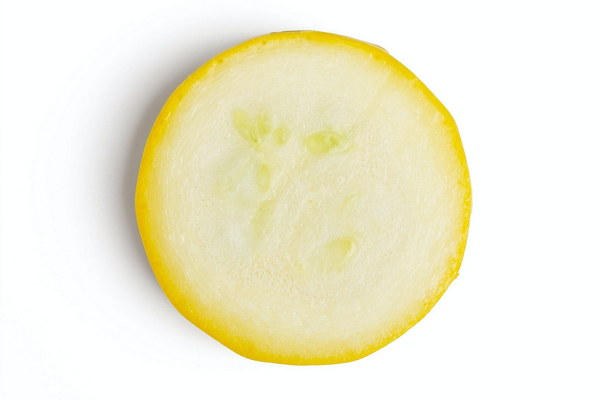Nurturing Your Liver A Comprehensive Guide to LiverHealthy Diet and Exercise
Introduction:
The liver plays a crucial role in maintaining overall health and well-being. It is responsible for detoxifying the body, producing bile, storing glycogen, and regulating blood clotting. Unfortunately, poor lifestyle choices can lead to liver damage and diseases such as hepatitis, fatty liver, and cirrhosis. In this article, we will explore various diet and exercise methods to help you nurture and protect your liver.
1. Liver-Healthy Diet:
a. Increase consumption of fruits and vegetables: Fruits and vegetables are rich in vitamins, minerals, and antioxidants that can help reduce oxidative stress on the liver. Aim to include a variety of colorful fruits and vegetables in your diet, such as berries, leafy greens, carrots, and tomatoes.
b. Choose whole grains: Whole grains, such as brown rice, quinoa, and oatmeal, provide essential nutrients and fiber that support liver health. They can also help reduce the risk of fatty liver disease.
c. Incorporate healthy fats: Healthy fats, such as those found in avocados, nuts, seeds, and olive oil, can aid in liver function and reduce inflammation. These fats also help absorb fat-soluble vitamins, which are important for liver health.
d. Limit alcohol consumption: Alcohol is a significant risk factor for liver disease. Try to limit your alcohol intake or avoid it altogether to protect your liver.
e. Avoid processed foods: Processed foods often contain high levels of unhealthy fats, sugars, and salt, which can contribute to liver damage. Instead, opt for whole, unprocessed foods.
f. Stay hydrated: Drinking plenty of water is essential for liver function, as it helps flush out toxins and maintain healthy bile production. Aim for at least 8-10 glasses of water per day.
2. Liver-Healthy Exercise:

a. Regular physical activity: Engaging in regular exercise can help reduce the risk of developing fatty liver disease, improve insulin sensitivity, and support overall liver function. Aim for at least 150 minutes of moderate-intensity aerobic exercise or 75 minutes of vigorous-intensity exercise per week.
b. Strength training: Incorporate strength training exercises into your routine to help build muscle mass and improve metabolism. This can further aid in reducing the risk of fatty liver disease.
c. Mindfulness and stress management: High levels of stress can contribute to liver inflammation and damage. Engaging in mindfulness practices, such as meditation, deep breathing exercises, or yoga, can help manage stress and promote liver health.
d. Avoid excessive exercise: While regular exercise is beneficial, excessive exercise can lead to muscle damage and inflammation, which may affect liver function. Ensure you balance your exercise routine and listen to your body.
Conclusion:
By adopting a liver-healthy diet and incorporating regular exercise into your lifestyle, you can significantly reduce the risk of liver disease and promote overall well-being. Remember to consult with a healthcare professional before making any significant changes to your diet or exercise routine.









